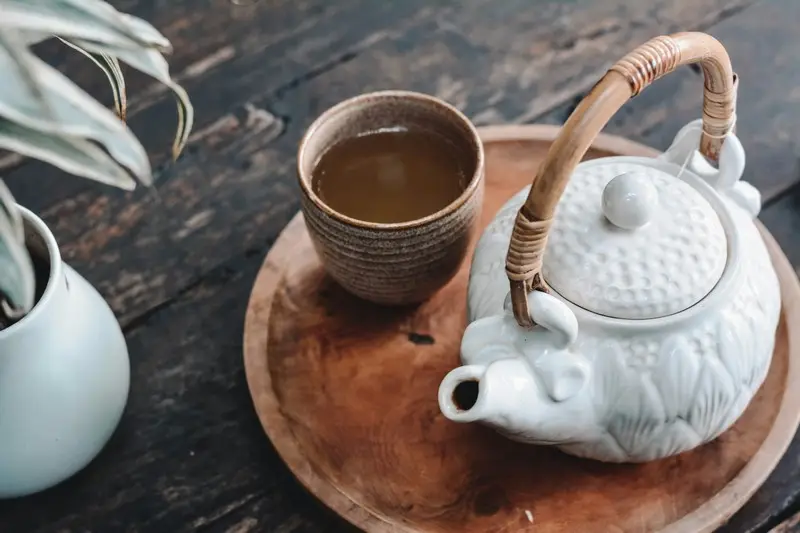Tea, a beverage that is enjoyed by millions around the world today, played a significant role in the history of British colonialism. The introduction and commercialization of tea in Britain during the 17th and 18th centuries had far-reaching consequences for the British Empire, both economically and socially. In this article, we will outline and explain the role of tea in British colonialism.
The Introduction of Tea to Britain
Tea was first introduced to Britain in the mid-17th century, initially as a luxury item for the wealthy elite. The British East India Company, one of the most powerful and influential trading companies of the time, played a crucial role in the early trade of tea. The company established direct trade routes with China, where tea was grown and produced, and brought it back to Britain for consumption.
At first, tea was a luxury item that only the upper classes could afford. However, as its popularity grew, the demand for tea increased, and it became more accessible to the general population. The British East India Company played a significant role in promoting tea consumption in Britain, marketing it as a fashionable and sophisticated beverage.
The Economic Impact of Tea
The commercialization of tea had a profound impact on the British economy. The British East India Company, through its control over tea trade, generated substantial profits for the British Empire. The demand for tea led to the expansion of British trade networks, the establishment of tea plantations in British colonies, and the development of infrastructure to support the tea trade.
Tea became a major export commodity for the British Empire, contributing to its economic growth and dominance. The revenue generated from tea trade helped finance the expansion of the British Empire and its colonial ventures. The British East India Company’s monopoly over the tea trade gave Britain a significant advantage in global commerce.
The Social Significance of Tea
Tea became more than just a beverage; it became a symbol of British identity and social status. The ritual of tea drinking became an integral part of British culture and society. Tea parties and afternoon tea became popular social gatherings, where people would come together to enjoy tea, engage in conversation, and display their social status.
The consumption of tea was associated with refinement, sophistication, and Britishness. It became a way for the British to differentiate themselves from other cultures and assert their cultural superiority. Tea drinking became a social practice that transcended class boundaries, as people from all social backgrounds embraced the tradition of tea.
The Influence of Tea on British Colonies
Tea played a significant role in shaping British colonies, particularly in South Asia. The British established tea plantations in colonies such as India and Ceylon (now Sri Lanka) to meet the growing demand for tea. These plantations were worked by local laborers, and the tea industry became a vital source of employment and economic activity in these regions.
The cultivation of tea in British colonies not only provided economic benefits but also had a profound social and cultural impact. The British introduced their tea-drinking customs to the local populations, and tea became an integral part of their daily lives. The tea industry created a new social and economic order in these colonies, with British planters and administrators exerting control over the production and distribution of tea.
Conclusion
Tea played a significant role in British colonialism, both economically and socially. The commercialization of tea by the British East India Company contributed to the economic growth of the British Empire and helped finance its colonial ventures. Tea became a symbol of British identity and social status, with the ritual of tea drinking becoming an integral part of British culture. In British colonies, tea cultivation created new social and economic dynamics, shaping the lives of local populations. The legacy of tea in British colonialism is still evident today, as tea continues to be a beloved beverage in both Britain and its former colonies.





